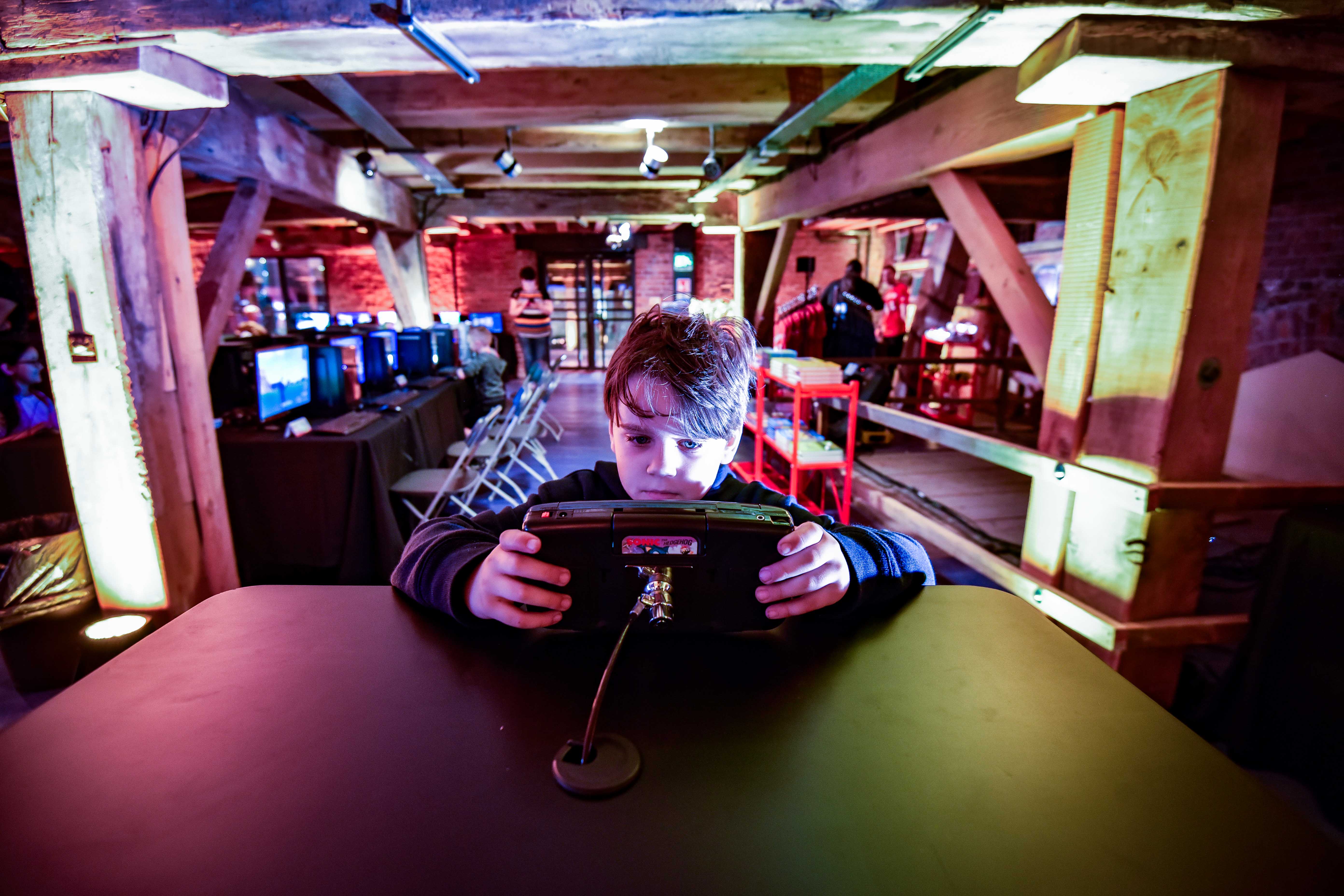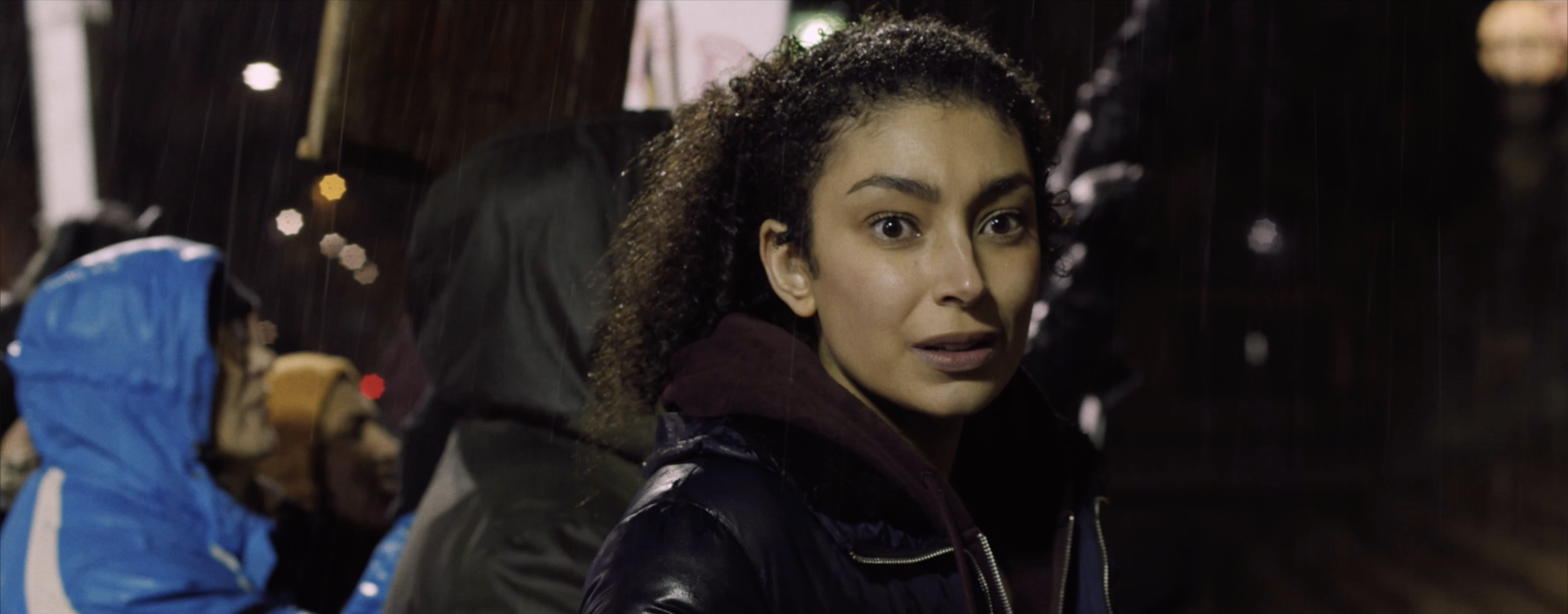“Why it was that every Jewish boy growing up in Manchester in the 50s played table tennis with some degree of competence I can’t explain,” observes award-winning comic writer Howard Jacobson.
Born and brought up in Prestwich, Jacobson poignantly and hilariously revisited his own “ping-pong” playing days in the Jewish Manchester of his youth in his 1999 novel The Mighty Walzer.
Now it’s been turned into a stage production with its world premiere at the Royal Exchange. Once again, Jacobson finds himself pressed about just how autobiographical this story of Oliver Walzer, a shy and bookish adolescent who finds out he’s a whizz at ping-pong at much the same time as he discovers girls, might actually be.
“I shouldn’t give the story away, but anybody should know pretty soon that he’s not going to succeed at becoming a world champion. It is pretty much the story of my life in table tennis, if you like, in the 50s.”
And there are some telling details. Walzer plays his first games using a leatherette-covered book as a bat, as did Jacobson, who recalls using a collection of green leatherette covered classics including Jane Eyre, Wuthering Heights and The Strange Case of Dr. Jekyll and Mr. Hyde to practice. 
A particular favourite was Wuthering Heights.
“I decided this would make me really good, because the book had an uneven surface, so the ball would come off at all sorts of strange angles. Then I thought I’d be even better when it came to playing with a bat.”
Jacobson was, in fact, fairly decent at table tennis as a 14-year-old, but only, he qualifies, “as a 14-year-old”.
For Walzer, he says, “it gave him an activity that took him out of his shyness”. Playing table tennis on a local team “doesn’t liberate you from your shyness, but it puts no pressure on your shyness”.
Jacobson also contends that Walzer’s adherence to such an unsexy pursuit demonstrates there’s something of the masochist in him.
 “I think most novelists love to write about losers, we’re not interested in winners,” he says. “This would not have been a funny or touching novel had Oliver Walzer become the world’s greatest table tennis player.”
“I think most novelists love to write about losers, we’re not interested in winners,” he says. “This would not have been a funny or touching novel had Oliver Walzer become the world’s greatest table tennis player.”
Despite its obvious appeal, especially locally, it apparently hadn’t occurred to anyone, including Jacobson, that the book could be adapted for the stage. Then director Jonathan Humphreys brought the book to the attention of Manchester’s Royal Exchange two years ago and they promptly commissioned a period of development. Humphreys recruited writer Simon Bent who, by his own account, was pretty much the only person involved at that point who hadn’t already read and loved Jacobson’s book.
Bent tells me: “One of the things that really appealed to me about writing the adaptation was that, although it’s a fiction based on Howard’s own life, it’s also an attempt to capture a time and a community that flourished 40 or 50 years ago and is now almost completely lost in time. It’s not a community or a way of life that I’d ever been a part of, or even an area of Manchester I’d ever visited, but that challenge of capturing a way of life that’s now gone, really, is to a large extent what I found so exciting and interesting.
“Once I’d been given the time to try to find a way into it I found I was able to weave my way through the book, which is much larger in scope of course, by focusing on the life of the Walzer family. That was so vibrant and colourful, but of a sort you don’t often see on stage.”
Any adaptation, he feels, “has to be as much in the spirit of the book as possible but it doesn’t do to try to superimpose your story on top of that of the writer of the book”.
So, despite the manifest autobiographical elements of The Mighty Walzer, Bent says he deliberately “didn’t meet Howard until I’d completed the first draft. He had a few suggestions, of course, but he’s been very good and supportive at realising that a play of the book isn’t the same thing as the book.”
 Unlike Bent, actor Elliot Levey, who plays Oliver Walzer, was very familiar with the original book.
Unlike Bent, actor Elliot Levey, who plays Oliver Walzer, was very familiar with the original book.
“I had read Howard’s debut novel Coming From Behind when I was a student and thought this was someone talking my language,” he recalls. “So I’ve been a fan ever since and The Mighty Walzer has been in my top five books since I first read it in 1999. I know the exact date, because I had been given it as a gift and, reading it on the night of the millennium, I was so engrossed that I was late for the party I was going to.
“But I very rarely go back and re-read books when there are still so many unread books in my own house. Going back and re-reading this, I got a slightly nasty shock that instead of relating to the exploits of the young Oliver Walzer, it was the older character I related to, which made attacking the script much more interesting.
“What Simon has brilliantly done, I think, is turn this into a kind of memory play, a midlife crisis story dressed up as a coming of age story, so that it works both ways. Simon has such a quirky view of the world and it’s quite important that, as a non-Jew, he has managed to make a book which could seem parochial and very Jewish into something very universal.”
By Kevin Bourke
Rehearsal photos by Jonathan Keenan
The Mighty Walzer is at the Royal Exchange until July 30, 2016, as is Chess In Shorts – Table Tennis & Growing Up In Jewish Manchester, a free exhibition co-curated by Howard Jacobson and the Manchester Jewish Museum. A series of guided walks depicting the Jewish Manchester of Howard’s youth start from Manchester Jewish Museum at 10.30am on July 17, 21, 24 and 28, 2016. Howard Jacobson will be ‘in conversation’ with Sherry Ashworth at the Exchange on July 11, 2016.










